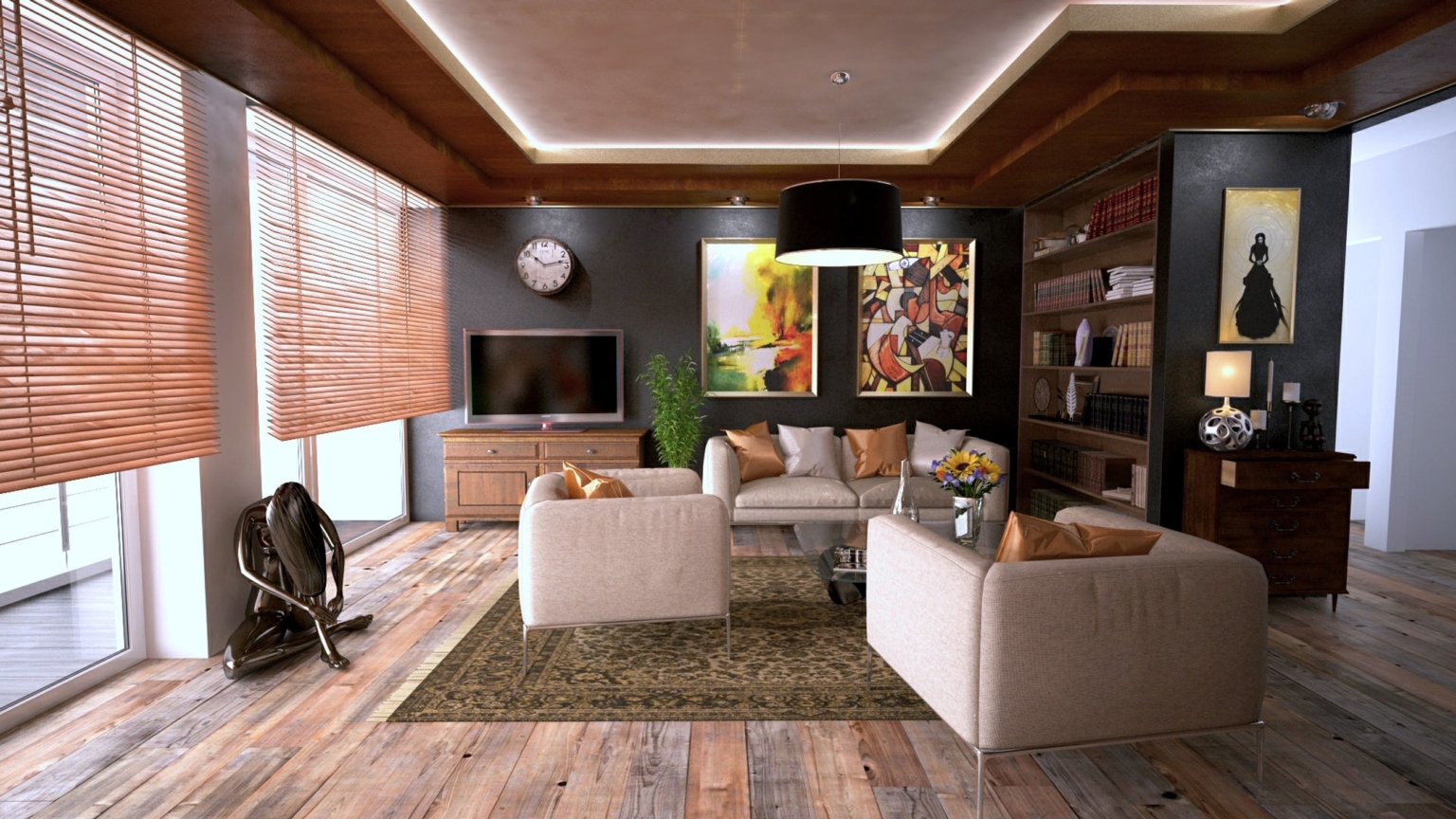Complete Guide About Smart Contracts in Dubai Real Estate
The real estate sector has long been known for its lengthy paperwork, intermediaries, and transaction delays. However, the emergence of smart contracts in real estate is changing the landscape dramatically. These self-executing contracts with terms written into code are revolutionizing how properties are bought, sold, and managed.
This guide explores how blockchain technology and smart contracts are reshaping property management, offering transparency, efficiency, and security like never before.
What Are Smart Contracts?
Smart contracts are self-executing digital agreements where the terms are directly embedded into lines of code. They run on blockchain platforms, ensuring that transactions are transparent, irreversible, and tamper-proof. Once pre-set conditions are met, smart contracts automatically execute the agreed terms without the need for intermediaries.
In real estate, this innovation eliminates the dependency on lawyers, brokers, and banks, streamlining the entire process significantly.
How Smart Contracts Work in Real Estate in Dubai?
In a traditional property deal, multiple parties coordinate tasks, from title verification to fund transfers. With smart contracts, everything happens seamlessly once all conditions are satisfied.
For instance, when a buyer deposits the funds into an escrow managed by a smart contract, the ownership transfer is triggered automatically once the payment is confirmed. Blockchain real estate applications thus eliminate third-party verification delays and human errors.
Advantages of Smart Contracts in Dubai Real Estate
Transparency and Trust
Every transaction detail recorded on a blockchain is visible to authorized parties, ensuring complete transparency. Buyers and sellers can trust that the smart contract will execute exactly as agreed without manipulation.
Speed and Efficiency
Traditional real estate transactions often take weeks or months. By automating verification, payment, and transfer processes, smart contracts drastically cut down transaction times.
Reduced Costs
The involvement of intermediaries like notaries, banks, and brokers adds significant costs. Smart contracts reduce or even eliminate these expenses, making property deals more affordable.
Enhanced Security
Because smart contracts operate on decentralized networks, they are highly resistant to fraud, hacking, or unauthorized changes. Blockchain real estate platforms offer a robust layer of protection against data breaches.
Key Use Cases of Smart Contracts in Real Estate
Property Sales and Purchases
The most obvious application is automating property transactions. Buyers and sellers can agree to terms via a smart contract, which ensures that once the buyer’s payment is validated, ownership documents are transferred seamlessly.
Rental Agreements
Smart contracts are increasingly being used for rental management. Rent payments, security deposits, and lease terms can all be programmed into a contract, ensuring compliance and reducing disputes.
Real Estate Tokenization
Another innovative use is real estate tokenization. Properties can be divided into digital shares, making it easier for multiple investors to own a piece of real estate. Smart contracts manage dividends, ownership rights, and profit distribution automatically.
Escrow Services
Traditionally, escrow services are slow and expensive. With blockchain escrow, funds are securely held until all transaction conditions are met, ensuring smooth and fair property transactions.
Challenges in Implementing Smart Contracts in Real Estate
Legal Recognition
While blockchain technology advances rapidly, legal systems across countries are still catching up. Not every jurisdiction recognizes smart contracts as legally binding yet, creating potential disputes.
Technical Barriers
Understanding and implementing smart contracts require technical expertise. Both buyers and sellers must be educated about the process to avoid costly mistakes.
Scalability Issues
Blockchain real estate solutions can face issues when scaling for mass adoption. Current blockchain networks sometimes struggle with processing large numbers of transactions quickly and cheaply.
Regulatory Compliance
Real estate transactions must comply with various local, national, and international laws. Smart contracts must be carefully designed to adhere to these regulations, complicating development.
The Future of Smart Contracts in Real Estate
Despite the challenges, the potential for smart contracts in real estate is enormous. As legal frameworks evolve and technology matures, the sector is likely to witness widespread adoption.
Emerging technologies such as Decentralized Finance (DeFi) and Non-Fungible Tokens (NFTs) may further enhance property trading, allowing individuals to buy and sell property assets like digital commodities. Moreover, governments and institutions are beginning to pilot blockchain property registries, which would enable real-time verification of property titles, further streamlining transactions.
How to Adopt Smart Contracts in Property Transactions
Step 1: Choose a Reliable Blockchain Platform
Selecting a trustworthy blockchain platform is critical. Popular choices for real estate include Ethereum, Hyperledger, and Solana. They offer established infrastructures for developing robust smart contracts.
Step 2: Draft the Smart Contract
Drafting a precise smart contract is essential. Legal experts and blockchain developers should collaborate to ensure that all possible scenarios are covered.
Step 3: Execute and Record the Transaction
Once the contract is deployed, the buyer deposits funds. The smart contract verifies payment, checks all necessary documentation, and automatically transfers ownership.
Step 4: Update Legal Records
Even though the transaction occurs digitally, local regulations might require updates to physical or government-held property records. Ensure all such records are duly updated post-transaction.
Benefits to Stakeholders
Buyers
Buyers benefit from faster transactions, lower fees, and improved transparency when purchasing property through smart contracts.
Sellers
Sellers gain quicker access to funds and reduce the chances of disputes or fraud, leading to smoother sales processes.
Real Estate Agents
Rather than eliminating agents, smart contracts can allow them to focus on value-added services like property consulting and portfolio management instead of administrative tasks.
Governments
Governments can reduce property fraud, lower administrative costs, and improve public trust by digitizing property transactions.
Real-World Examples of Smart Contracts in Real Estate
Propy: A blockchain platform that enables online property transactions using smart contracts. It completed the world’s first blockchain-based real estate deal in 2017.
RealT: Focuses on real estate tokenization, allowing fractional property ownership through blockchain.
Ubitquity: Provides blockchain-secured platforms for title and record-keeping in real estate.
These examples show that smart contracts are not just theoretical concepts but are actively shaping the future of property dealings.
Conclusion
Smart contracts in real estate offer immense opportunities to create a more efficient, transparent, and affordable property market. While challenges remain, particularly regarding regulation and technical adoption, the long-term outlook is promising.
The integration of blockchain technology, real estate tokenization, and decentralized applications points towards a future where buying or selling a home could be as easy as sending an email. If you are involved in the real estate sector, now is the time to start exploring how smart contracts can transform your business practices and enhance your client offerings.
Feature Properties
You Might Also Like
Stay in the loop Through our newsletter
Get to know about the latest real estate insights.
Popular Searches
Off Plan Projects
Popular Areas
About Us
Popular Searches
Off Plan Projects
Popular Areas
Next Level © 2026 All Right Reserved









